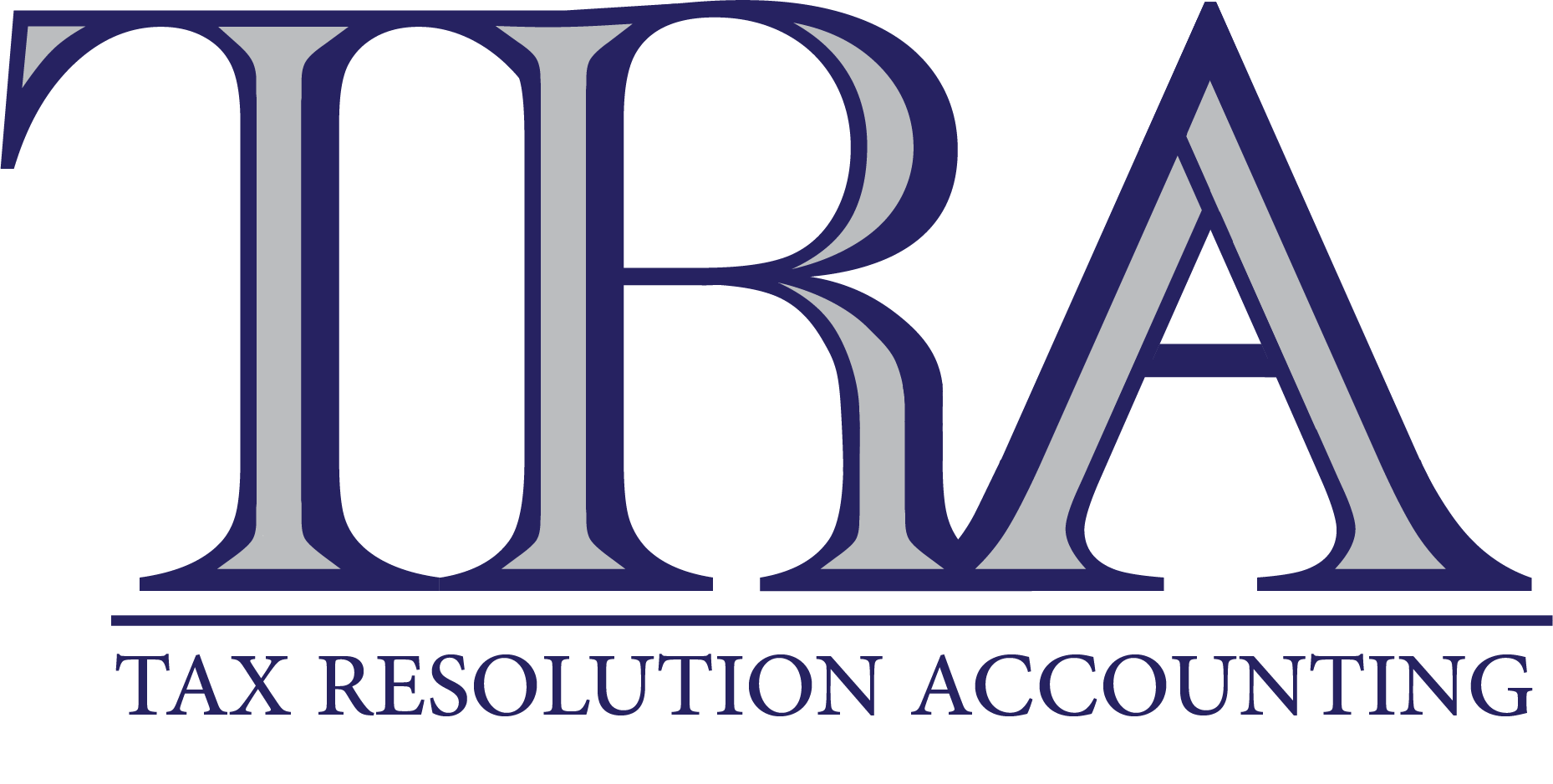Do You Need to File a Tax Return?
Getting this wrong can cost you!
One of the more common tax questions is whether you need to file a federal tax return this year. The answer is: it depends. But not filing a tax return when you should can cost you plenty. Here are some quick tips to help you determine your answer.
Income thresholds matter
If your gross income is less than the federal standard deduction you usually do NOT need to file a tax return. This is because the deduction effectively eliminates any taxable income. The amounts for 2021 are:
- Married filing joint: $25,100
- Head of household: $18,800
- Unmarried (single): $12,550
Over the age of 65
If you or your spouse are over the age of 65 the income required to file a tax return goes up by $1,350 (Married) to $1,700 (Single/Head of Household) for each of you that meets the age threshold. So a single person, age 65 or older, for example, does not need to file a federal tax return if their gross income is $14,250 or below.
Not So Quick - There Are Exceptions
Like most tax laws, there are exceptions to the income limits mentioned above. Here are some of the more common situations where filing a tax return still makes sense.
- You have federal or state withholdings. The ONLY way to get money back that was withheld from a paycheck or a Form 1099 is to file a tax return. If you do not do so within three years, your refund will be absorbed by the government. While the IRS is quick to let you know that you owe them money, there is no such program to let you know that a refund is due to you.
- You are eligible for a refundable credit. Refundable credits will pay you money even if you don’t owe income tax. For example, if you have a tax liability of $750, but you are eligible for a $1,000 tax credit, you normally can only receive the $750 tax benefit. But with a refundable tax credit you can receive the additional $250, even without a tax liability. The most common examples of refundable credits are the Child Tax Credit, the Earned Income Tax Credit and the American Opportunity Tax Credit.
- If you are a dependent. Special filing rules apply if you are a dependent on someone else’s tax return. If this is the case, filing rules vary depending on your age, your earned income (like wages) and your unearned income (like interest income). In this case it is usually best to conduct a review of your situation.
- There are incentives out there. With the numerous economic stimulus payments, the enhanced Earned Income Tax Credit and higher Child Tax Credit payments this year, it may make financial sense to file a tax return to maximize your benefit. The only way to know for sure is to review your tax situation.
- Other reasons.
Sometimes filing a tax return can be used for other purposes. This includes using your tax return to obtain financing or to receive college financial aid. Another reason is to limit the amount of time your tax return can be audited. Once a tax return is filed, the audit time limit clock starts. After 3 to 4 years, most tax returns can no longer be audited by the IRS. However, if the return is not filed, this audit clock never starts.
Visit our Tax Planning page for more information.




